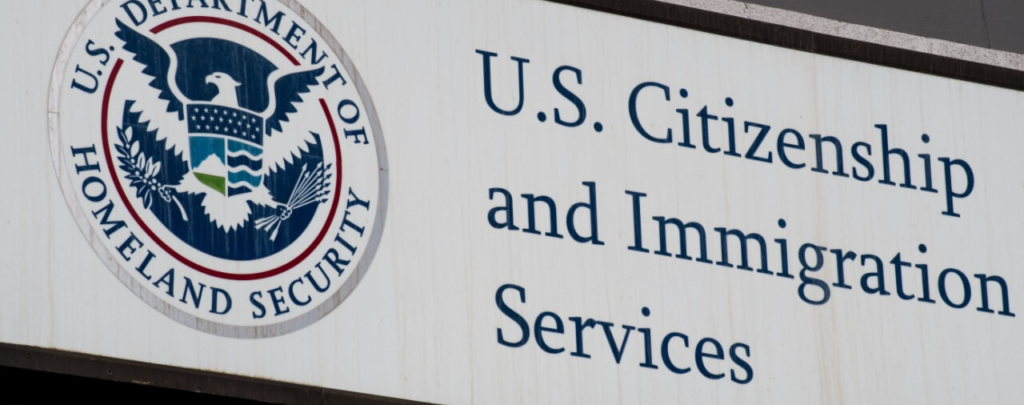On July 12, 2018, the Secretary of Health and Human Services, Secretary of Homeland Security, and the Attorney General issued a joint statement stating that their respective agencies have completed the reunification of eligible children under 5 who had been separated from their parents after their parents were apprehended for illegal entry [PDF version]. This reunification was ordered by Judge Dana M. Sabra, a United States District Judge for the United States District Court for the Southern District of California, in Ms. L v. U.S. Immigration and Customs Enforcement, Case. No. 18cv0428 DMS (MDD) [PDF version]. The separations occurred largely as a result of parents with children being apprehended at the border and placed in detention due to misdemeanor or felony charges for illegal entry. Many of these cases stemmed from the Department of Justice’s (DOJ’s) Zero Tolerance policy for prosecuting all illegal entry cases that are referred to it.
The joint statement explains that 103 children under the age of 5 are covered by Judge Sabra’s Ms. L decision. 57 children were reunified with their parents as of July 12.
46 children were acknowledged by the court as ineligible for reunification or determined by the Department of Health and Human Services (HHS), Department of Homeland Security (DHS), and Department of Justice (DOJ) to be ineligible for reunification under the criteria articulated in the Ms. L decision.
Of the 46 children who were found to be ineligible for reunification, 22 were found eligible due to safety concerns presented by the adults in question. Eleven of the adults had serious criminal history issues, including charges or convictions for child cruelty, kidnapping, murder, human smuggling, and domestic violence. Seven of the adults in question were determined to not be the actual parent of the child. One adult had a falsified birth certificate. One adult was alleged to have abused the child. One adult planned to house his or her child with another adult charged with sexually abusing a child. One adult is being treated for a communicable disease.
24 of the children were found to not be currently eligible due to the circumstances of the adult in question. In twelve cases, the adult was ordered deported. The agencies are contacting the adults in those cases. Nine of the adults were in the custody of the United States Marshals Service for other offenses. Two adults are in the custody of state jails for other offenses. Finally, one of the adult’s location has been unknown for over a year.
The three agencies highlighted their compliance with the court order in addition to their screening out adults who were unfit or unable to take custody of children. The agencies made clear that they intend to continue enforcing the immigration laws within the bounds of applicable court orders. Finally, the HHS, DHS, and DOJ issued the following message to parents: “Do not risk your own life or the life of your child by attempting to enter the United States illegally. Apply lawfully and wait your turn.”
However, three days before the news release, Judge Dolly Gee of the United States District Court for the Central District of California rejected the DOJ’s request to modify the Flores Settlement Agreement, which limits the time which alien children may be detained to 20 days [PDF version].
The Government must meet a June 26, 2018 deadline for reuniting nearly 2,500 children aged 5 and over with adults unless one of the exceptions provided for in the Ms. L decision adheres. Judge Sabra discussed the progress of the Government’s efforts and several concerns she had in a joint status report on compliance with her orders issued on June 12 [PDF version].
Although the Zero Tolerance policy for prosecuting illegal border crossings [see article] and President Trump’s Executive Order on ending “catch and release” [see article] remain in place, the existence of Ms. L, the Flores Agreement, and a growing number of court orders are calling the policy’s practical application to parents who illegally cross the border with children into question. Nevertheless, with the pending litigation and new policies, the issue will likely remain in flux for the foreseeable future.
Any alien in detention should consult with an experienced immigration attorney immediately for case-specific guidance. This is especially important in cases where children are involved. It is important to remember that each case is fact-specific and that the rules regarding detention vary not only due to the basis of the detention and the particular facts of a given case, but also in some cases by jurisdiction.
To learn more about related issues, please see our website’s sections on Immigration Detention [see category] and Asylum & Refugee Protection [see category].





